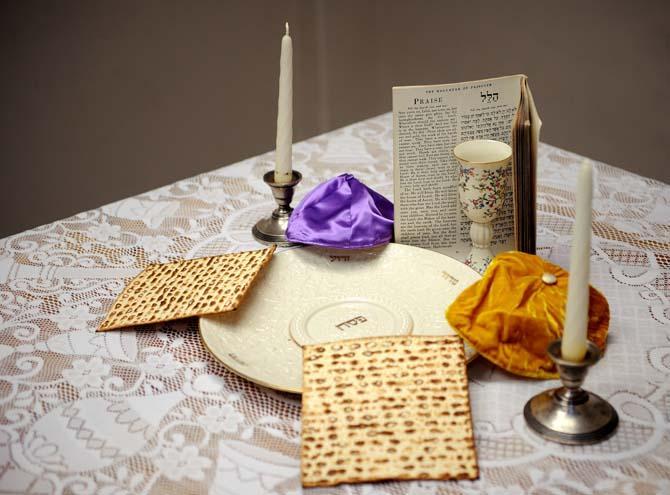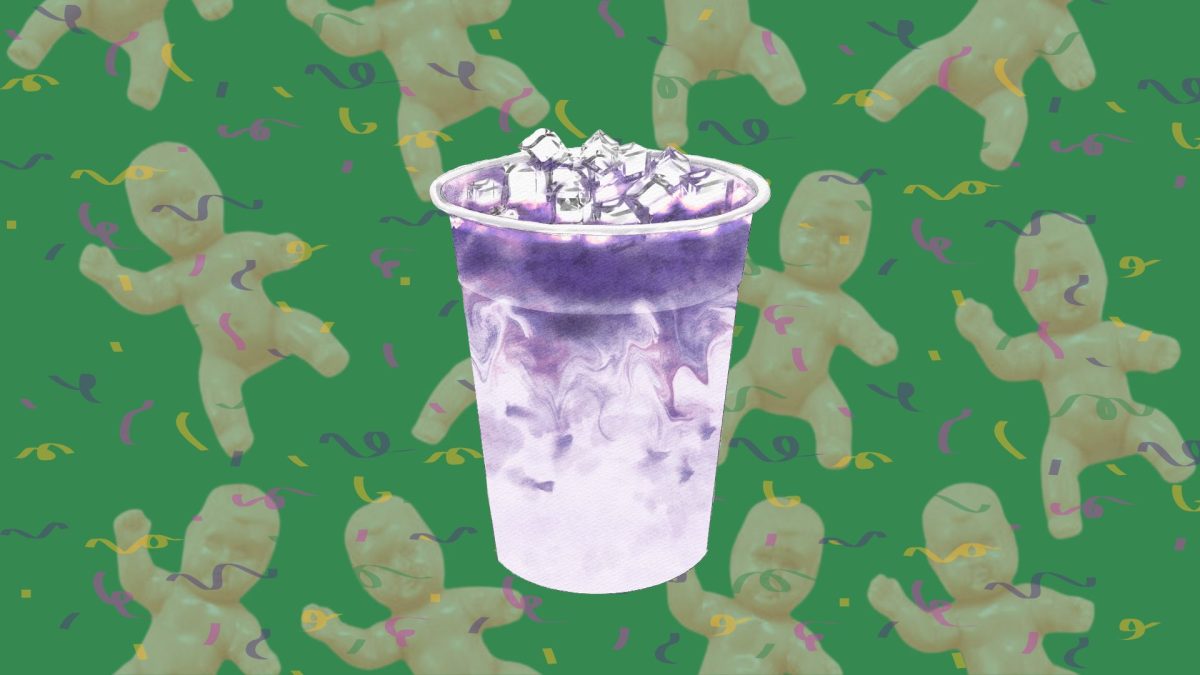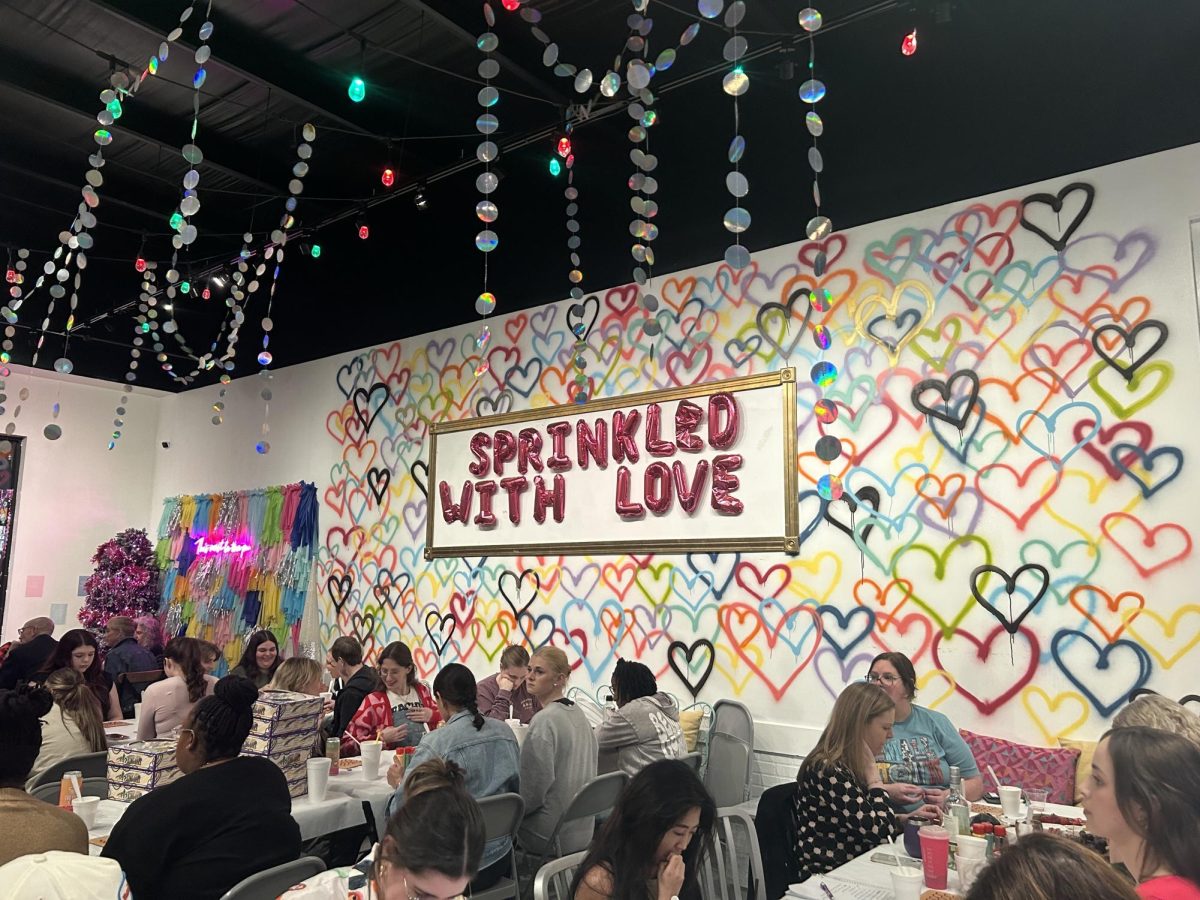Matzo balls are a staple in any Passover meal, but in true Southern fashion, the deep-fried version will be present on many Louisiana tables this year.
Marshal Klaven, director of Rabbinic Services at The Goldring/Woldenberg Institute of Southern Jewish Life and avid traveler of the rural South, has experienced Southern Jewish culture firsthand.
A Passover “seder,” meaning “arrangement” in Yiddish, is a Jewish ritual dinner that takes place on the first night of Passover, which has eight nights. At the seder, participants read from a Hagaddah, a book detailing the Jewish liberation from the Egyptians. A seder is usually held at the house of a friend or family member and typically begins after sundown.
According to Klaven, Passover seders in the South are “different in essence, but not in degree.”
During a seder, it is customary to drink four cups of wine and to display the seder plate, a special plate with six sections — one for each symbolic food eaten at Passover.
A large dinner follows the Passover seder. One of the staples of a Passover seder meal is the matzo ball, a traditional Jewish dumpling usually served in chicken soup.
However, in the South, Passover can be an entirely different affair.
At seders in the South, food culture shines through. Some seder meals in the South include deep-fried matzo balls or matzo balls smothered in gravy. Sometimes they even come paired with dipping sauces.
But this cultural change hasn’t been sudden — it’s evolved over many generations.
“Every generation has had their hand in the Passover seder meal,” Klaven said.
What makes Passover in the South different from other parts of the world is the inclusion of outside cultural influences.
“There is a deep connection between the Jewish community and other communities,” Klaven said.
That connection extends to the Passover seder.
According to Klaven, the inclusion of non-Jews around the Passover table has become the norm in the South.
“If you look at a Passover table now, at least half [of the people there], if not more, will be non-Jewish,” Klaven said.
Usually, spring break sends University students home for Passover, but this year, the holiday falls a week before.
Many students from organizations such as Hillel, the University’s Jewish student organization, and other Jewish students on campus will instead celebrate Passover with Beth Shalom Synagogue and Congregation B’nai Israel.
“We are so grateful for the community’s invitation,” said Valerie Posner, program director for Hillel at LSU.
In addition to attending Passover seders, many Jewish students will also adhere to the Passover diet. It is customary for Jews to refrain from eating bread and other leavened products during the eight days of Passover.
“I know plenty of Jewish students will be holding to special dietary rules for the Passover week, including fasting on the first day,” said Jack Jalenak, president of
Hillel at LSU.







